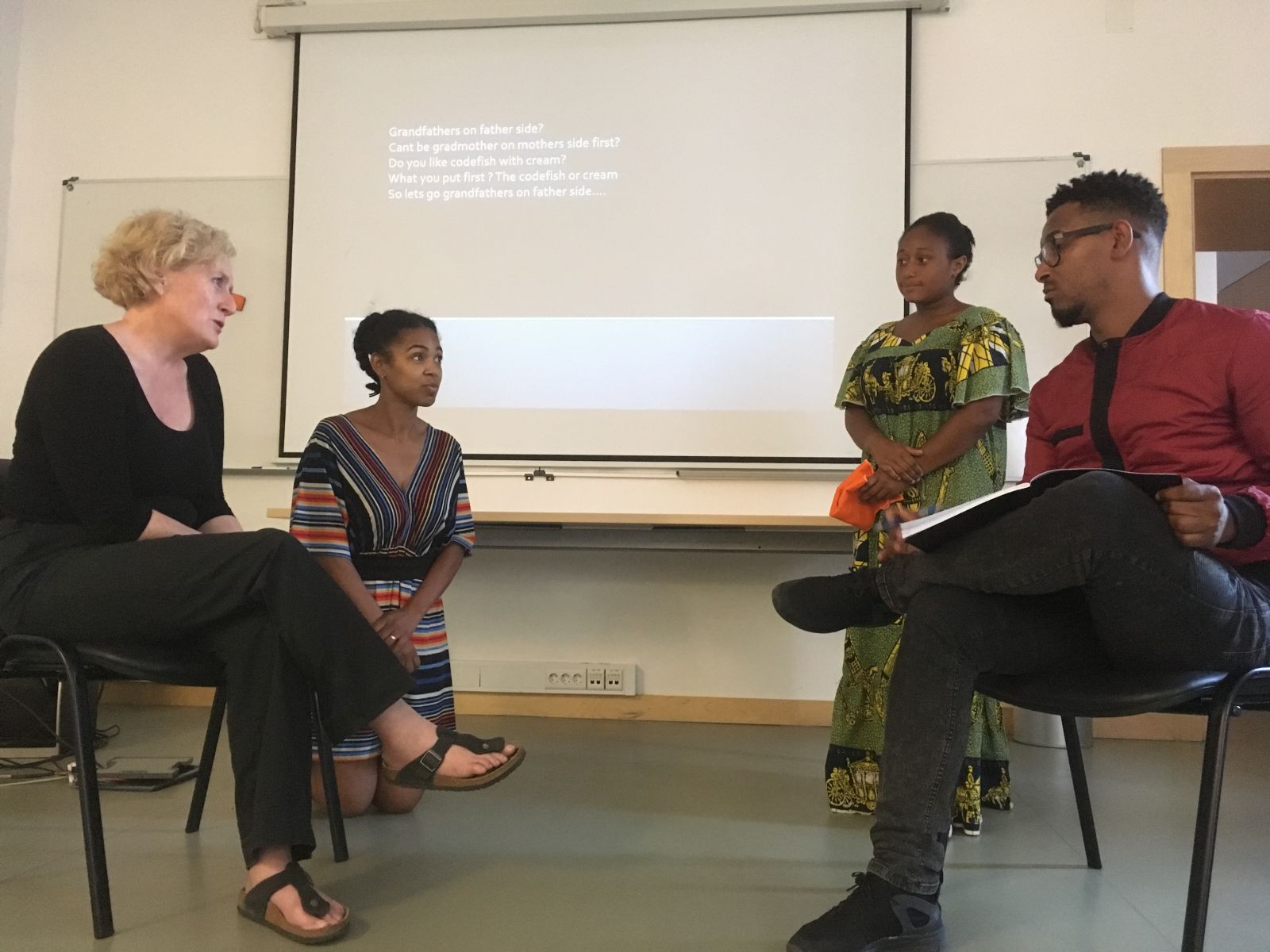CES Summer School
Conclusions of the Summer School «Racism, Eurocentrism and Political Struggles»
September 2017
The third edition of the Summer School 'Racism, Eurocentrism and Political Struggles', held at the Centre for Social Studies (CES) of the University of Coimbra from 3 to 9 September, addressed theoretical and political debates on racism and contemporary anti-racist struggles with the aim of promoting a critical analysis of international debates, public policies and interventions in various national contexts, in dialogue with the alternatives that have been proposed by grassroots movements.
Organised by Marta Araújo and Silvia Rodríguez Maeso, the School has brought into dialogue teachers, researchers and activists from various international contexts. This edition was attended by teachers, researchers, students, professionals and activists from Australia, Brazil, Spain, France, Holland, Hungary, Italy, Mexico, United Kingdom and Portugal.
For six days, current issues were discussed in an interdisciplinary way: racism and public policies; the memory of colonialism and slavery; the spread of hate speech in the media, and particularly of Islamophobia; representations of gender and sexuality; border policy and an outlawing of immigration in Europe.
The main conclusions of the debates are as follows:
1) The simultaneity, on the one hand, of the intensification of the campaigns for the memory of colonialism and its legacies and the greater visibility of the struggles of racialized populations, and, on the other hand, of the regression in terms of public debate and of the policies against racism in various contexts;
2) It is fundamental to converge the public debate and the concrete social reality of populations experiencing racism, since this historical process has often been reproduced through initiatives that elect the “Muslim”, “Arab”, “Black” or “Gypsy” as privileged targets for the intervention of academic and political agendas that reproduce racist and dehumanizing logics (for instance, in the context of integration policies and gender equality);
3) With the proliferation of the use of social networks, legislation and political initiatives for the prevention, regulation and punishment of hate speech in Europe are clearly insufficient, an issue linked to the inadequate understanding of the phenomenon of racism and its various aspects (for example, Islamophobia, anti-gypsyism, or anti-black racism);
4) In the European context, border policy and the outlawing of immigration embody many of these debates. In contemporary times we have witnessed, for example, the delimitation of borders as a way of extending control and policing of a racialized notion of Europe, legitimated, above all, by the prevention of so-called 'illegal immigration' and the 'refugee crisis'.
DIn order to intensify the dialogue with the alternatives that have been proposed by anti-racist movements, initiatives developed in the context of political activism and education through the arts were presented. In this sense, the Summer School concluded with the performance of Forum-Theatre 'Fel and Mel no Papel', by the Laboratório Ami-Afro of the Lisbon Group of Theatre of the Oppressed (GTO-LX) and a debate with anti-racist activists of Portuguese context. These latter listed some of the main current challenges of anti-racism, such as the building of an autonomous political agenda by racialized populations and the possibility of political alliances with political parties, the weak response of the State in combating racism – namely through legislation - and everyday experiences of institutional racism in areas such as education, employment, and housing.




